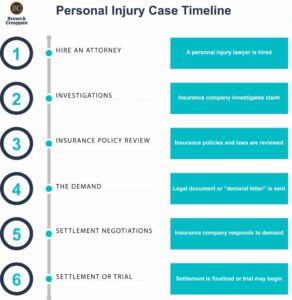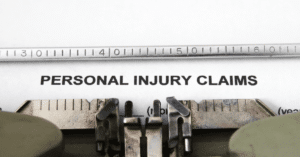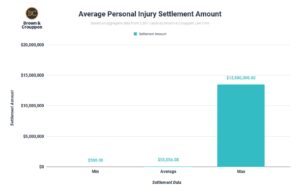HOW COMPLICATED IS MY LEGAL SITUATION?
A lot of legal issues are straightforward. For example, a ticket for a non-moving violation might not need the services of a traffic lawyer. You can execute a healthcare directive for free by yourself. If somebody in Missouri owes you $5000 or less ($10,000 in Illinois), small claims court is a viable option.
- Small claims court was specifically designed to allow people to handle their small cases without a lawyer. However, small claims court typically only handles cases involving money. It cannot be used to make anybody do something specific (other than pay you money.) For example, if you and your neighbor are disputing a fence line, that cannot be handled in small claims court.
Unfortunately, many legal issues are not straightforward at all. Perhaps you have a breach of contract case with multiple parties. Maybe you face criminal charges that involve the possibility of incarceration. If you sustained serious injuries in an accident, you may worry that the insurance company is going to claim you have a lot of preexisting conditions.
These are just a few examples of the complicated legal issues where you should consider consulting with an experienced attorney. You owe it to yourself to find out what your legal options are, even if, in the end, you chose to proceed pro se.
WILL A LAWYER BE PROVIDED FOR YOU?
In some circumstances, people will not have to hire their own attorney because one will be provided for them. The three most common scenarios where this happens are:
- Indigent defendants who have been charged with a crime. The court will appoint a public defender to represent them. Defendants must first qualify for indigent services. If the court determines that a defendant is not indigent, they will have to pay for a criminal defense attorney or be forced to represent themselves.
- Insurance policy holders who find themselves facing a lawsuit covered by the policy. Most injury claims fall into this category. However, insurance policies also cover shipments, property, business dealings, contact disputes, and other types of loss.
- Insurance companies have their own attorneys to defend claims made on the policy. In many (but not all) cases, this includes defending the policy holder themselves.
- Employee benefits. Unions and large corporations sometimes include basic legal services as a part of their benefit package. Examples of legal services covered by employee benefits include estate planning for employees, or lawyers who can defend over-the-road truck drivers who receive traffic tickets.
HOW DO I PAY FOR A LAWYER?
The most common ways that attorneys get paid are:
- Contingency fee. The attorney will retain a portion of settlement or verdict proceeds as the fee for legal services. Most personal injury lawyers are compensated through contingency fees, whether the injury arises from an auto accident, a slip and fall, or a workers’ compensation claim.
- A retainer is a sum of money paid to the attorney before work on the case will begin. This happens one of two ways.
- A client pays an attorney a sum of money upfront for a specific case, such as a divorce. The attorney bills against the retainer usually on an hourly basis as work on the case progresses. If the retainer runs out, the client pays the attorney for any work that exceeds the retainer.
- Sometimes a lawyer or a law firm is said to be “on retainer.” A client regularly pays a small amount to a lawyer or a law firm. In return, the lawyer or law firm is available whenever the client has a legal issue.
- Flat fee. Some lawyers will charge a flat rate for a legal service. You might see this arrangement in traffic law, criminal defense law, and estate planning.
HOW TO FIND A LAWYER NEAR ME?
If you do find yourself needing to speak with an attorney about your situation, here are some recommendations for finding one that will suit your needs.
- Talk to friends and family. If you have friends or family that have hired a lawyer in the past for a situation similar to the one you face, ask them about their experience. This can be a great way to find a lawyer (or to avoid one.)
- Try a referral service. Organizations in the St. Louis area that have an online lawyer referral service include:
If you can’t afford an attorney. If you need a lawyer but will struggle to pay for one, you might want to check if you qualify for legal services.
- Missouri residents in or near the St. Louis area can contact Legal Services of Eastern Missouri.
- Illinois residents can contact Land of Lincoln Legal Aid.








